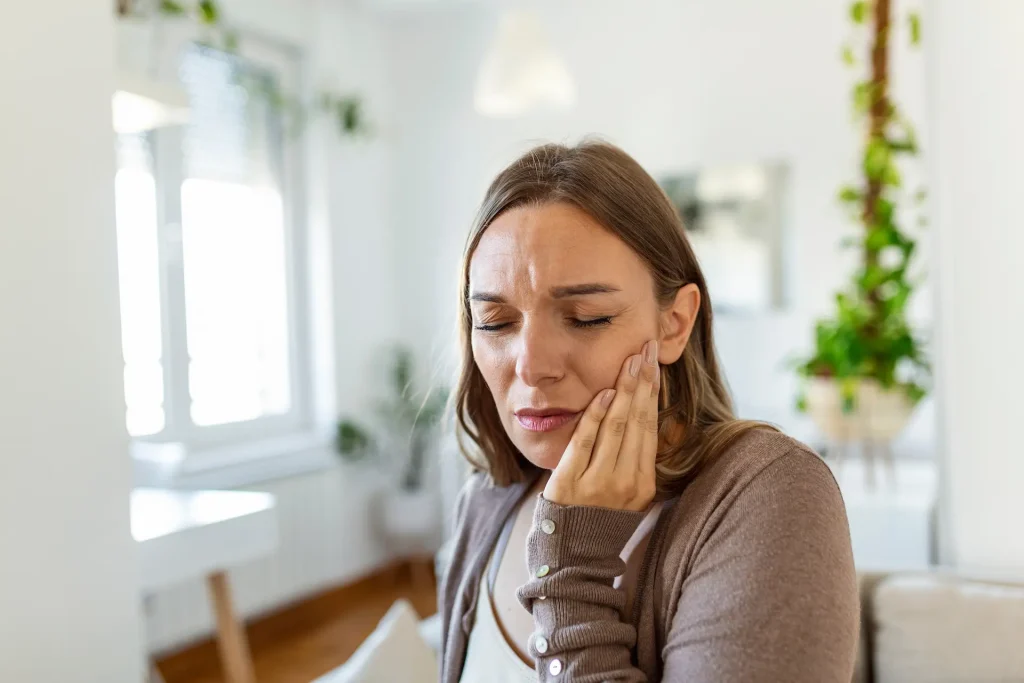Get in Touch
Suboxone ToothDecayLawsuits
The opioid crisis continues to spread across the country. The Centers for Disease Control and Prevention estimate that opioid-involved death rates have increased by at least 15 percent. Over 75 percent of the close to 107,000 drug overdose deaths in 2021 involved an opioid. Wave after wave of opioid overdoses and deaths have spurred the nation into action and increased the demand for meaningful medical intervention.
Suboxone emerged as one of the leading drugs to help combat opioid dependency. Unfortunately, the drug marketed to help ease dependence on opioids ended up causing harmful side effects of its own. At Law Experts, we want to help individuals who were negatively impacted by Suboxone understand their legal rights. There may be steps you can take to pursue meaningful compensation for your injuries and financial losses that were caused by taking the drug Suboxone.
Where do you begin? Start by understanding some basic information about Suboxone and how it may have adversely impacted your health and safety. Next, you need to contact an experienced Suboxone law firm that can determine whether you are eligible to file a lawsuit and help you navigate the legal process.


